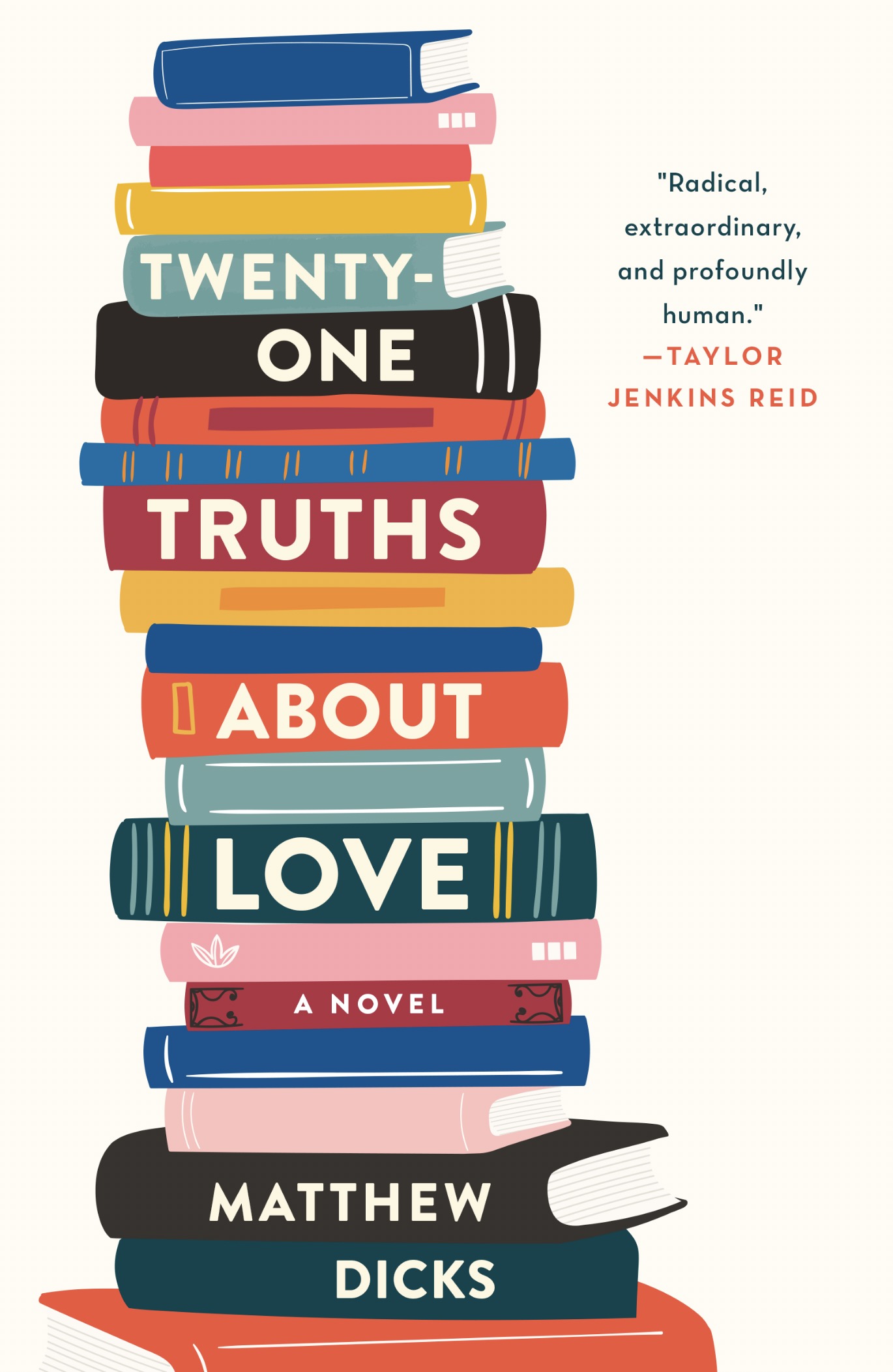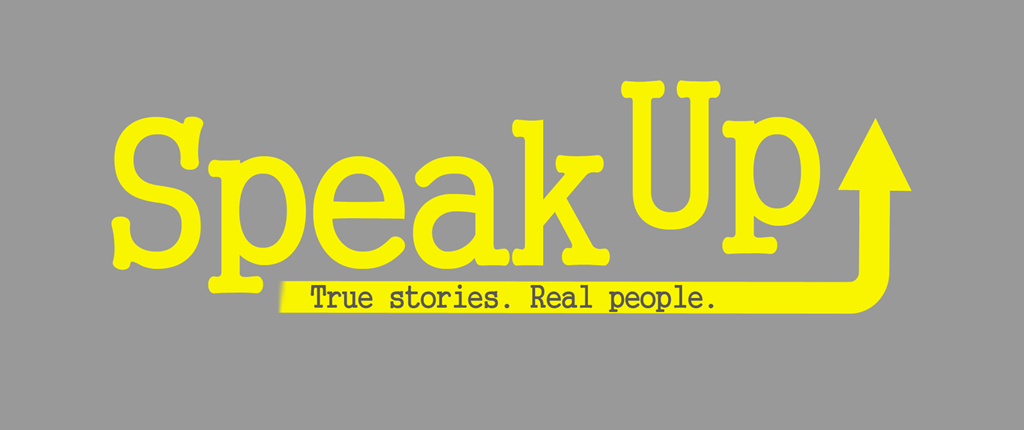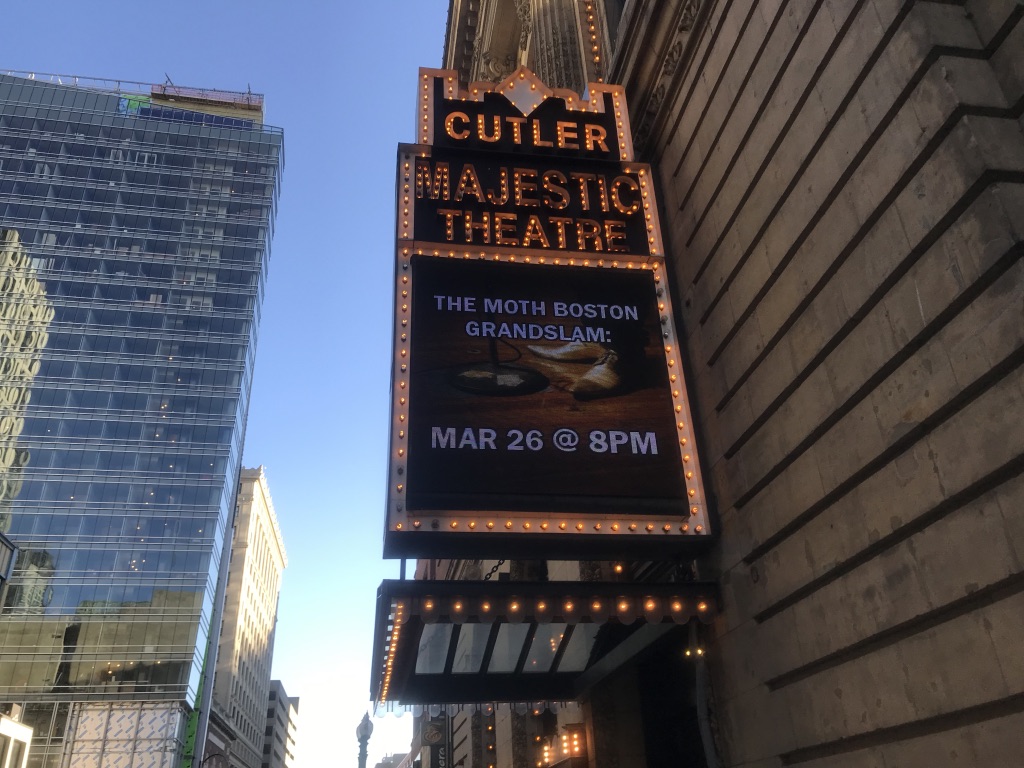Unfortunate restroom encounters at MIT
/I was teaching storytelling at MIT yesterday. It was a long but exciting day.
In addition to teaching two workshops, I received an amazing tour of their new nanotechnology facility, and I’m now convinced that nanotechnology is going to save the world.
You wouldn’t believe the things what scientists can do today with a few atoms.
I also met some incredible people, walked around the campus for a couple hours, taught about 100 students, faculty, and staff, and even reconnected with a couple of old friends, too.
At one point, I passed two young men in a hallway who were multiplying fractions aloud. It was the kind of thing that you’d only expect to see in a movie about a place like MIT, but no. These things actually happen at MIT. Students just walk around, calculating and debating mathematical principles in between classes. Chalk boards are filled with equations that I couldn’t begin to understand.
Very smart people walk the halls of that institution. I felt like a small, insignificant fool crawling amongst intellectual giants.
It also became readily apparent to me why I was not an MIT student. And both times, it happened in a restroom.
During our first break, I left the classroom and walked down the hall to use the restroom. I pushed open the door and walked in, only to find myself in the company of three young women. They turned stared at me, the looks on their faces indicating that this was not a gender neutral restroom. I paused, smiled, and said, “And this is why I’m not MIT material” and left.
Then I turned right and pushed open the door clearly marked “Men.” I stepped over to one of the eight urinals to take care of business. I was the only person in the restroom when I entered, but a moment later, another man entered. Of the eight available urinals, I was using the second from the end. The man stepped to the urinal beside me, which was strange. With six urinals to my left, most men would’ve chosen one farther away, creating some distance between us.
I thought, “That’s an aggressive move by this guy. What gives?”
Then I wondered, “Is this just some hangup that I have? Is this me being stupid and weird, or is this guy a little socially awkward? Who’s in the wrong here?”
Having just taught my class about the importance of recognizing small moments from our lives, I returned to class and told my students about my encounter in the women’s restroom. Then I told them about the aggressive, possibly social awkward man in the men’s room and my quandary over whether the guy was weird or I was being stupid.
Turns out the man, named Tom, was in the room. He was attending my class. I’d been staring at him for more than an hour.
As you can see, I am not MIT material.
Happily, we laughed about the moment, and oddly, he was having a similar moment at the urinal. He told me that he entered the restroom in a bit of a fog, chose the urinal without thought, and then realized that there was a man beside him. He turned, realized it was me, and quickly turned away, thinking, “Damn. That’s Matt. Now what? I can’t talk to him while we’re peeing like this. And why am I standing so close to him? Damn.”
Tom ultimately gave me the tour of the nanotech facility. He gave me some nanotech swag to take home to the kids. He offered to tour my family around MIT if we’re ever in the city,. He was generous at every turn.
I liked him a lot.
It all turned out fine.
But no, I don’t expect MIT to be inviting me to work with them for more than a day at a time. A person who can’t navigate their restrooms without incident really doesn’t belong amongst intellectual giants.



























